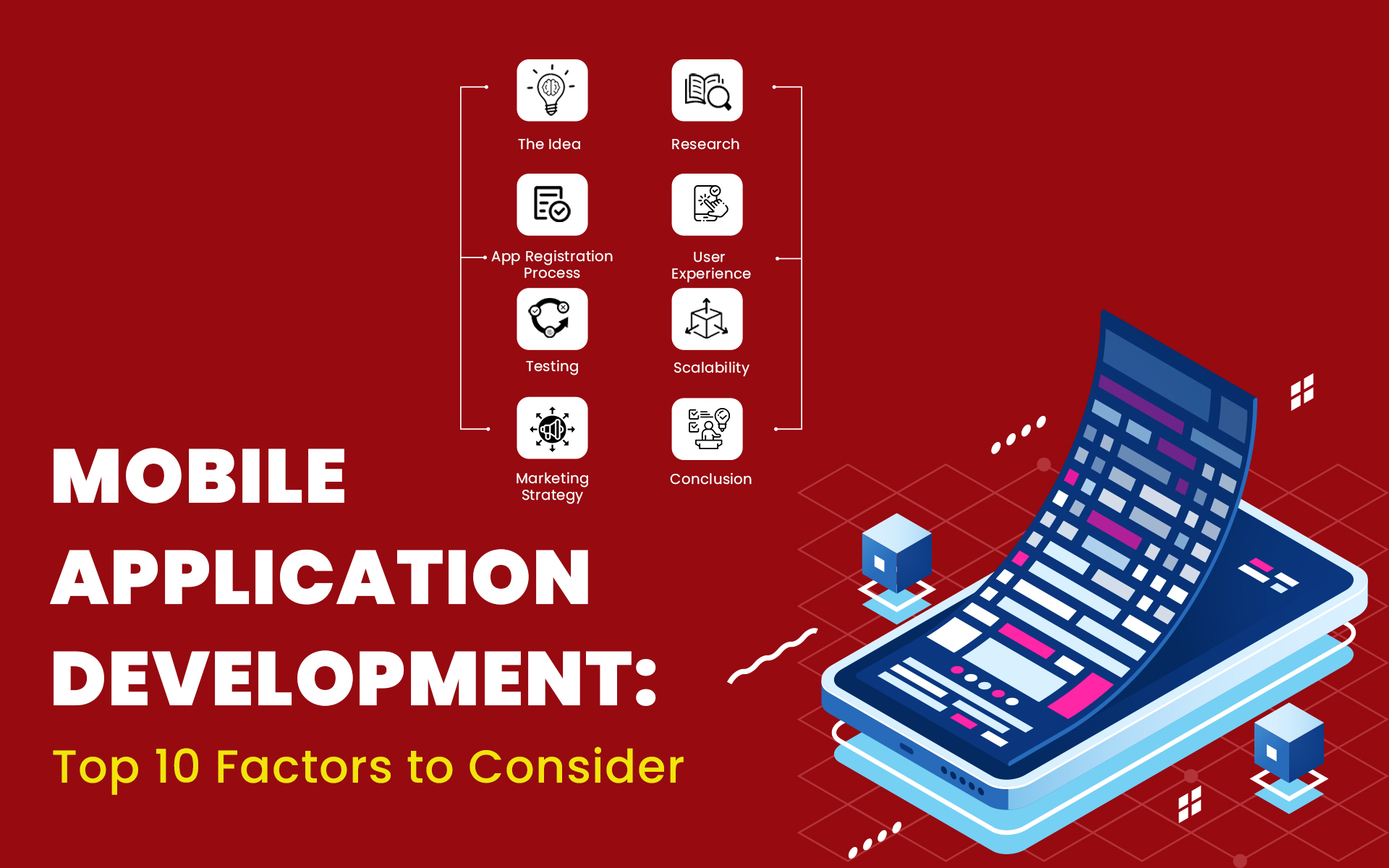What is the initial step you must consider while starting a web development project? Selecting the proper web development framework for your project is fundamental. Dot Net and .Net Core are two of the most favored web development frameworks for creating customized and dynamic web apps.
A report suggests that .Net is preferred by more than 18% of developers globally as their go-to framework for constructing scalable and dynamic websites and web applications. The debate is still on to compare the best runtime for developing software applications – .Net Framework vs. .Net Core. But first, let’s understand what web development is.
Quick Overview on Web Development
It refers to the construction, creation, and maintenance of websites. Web development includes web design, publishing, programming, and database management. The web-build website needs the right web development tools and technologies and a responsive web design. The list is very long if we talk about the technology used by start-ups and MNC companies. But few are most used; have a look.
Front-end Development
Developers use the most popular front-end frameworks like React.js, Vue.js, and Angular that enable them to create the surface layer of your product. Also, JavaScript frameworks are crucial to modern front-end web development, providing developers with tested and tried tools for building scalable, interactive web applications.
Back-end Development
Professionals use server-side technologies like Python, Ruby on Rails, and Node.js to produce fast and scalable web apps for prototyping and development.
Full Stack Development
Developers deliver end-to-end web development, combining front-end and back-end solutions and other technologies necessary to make your product successful.
Overview of .NET Framework
.NET Framework (pronounced as dot net) is a web development framework that is used to build and run various software applications on Windows. This framework is developed, designed, and managed by Microsoft. Its first beta version (1.0) was released in 2002.
The .Net Framework has various applications that allow the .Net code to run on a number of other platforms, or we can say it is a cross-platform software compatible with Linux, Windows, Mac OS, Android, iOS, and many more.
Features of. NET Framework
- Automatic Resource Management.
- Cross-Language Interoperability.
- Common Type System.
- Easy and Rich Debugging Support.
- Security.
- Tool Support.
- Portability.
- Framework Class Library.
Advantages of .NET Framework
- It Offers Extensive Library Support
- Familiar Programming Language
- It Offers Top-Notch Security
- It Has a Strong Community to Support
Languages are supported by the .Net Framework.
The .Net framework includes a variety of programming languages, such as F#, C#, and Visual Basic.
Overview of .NET Core
.NET is a well-known framework for developing web applications, and .NET Core is a part of it. Dot Net Core is a revolutionized version of the .NET framework that’s platform-agnostic and runs on multiple platforms, for instance, Windows, macOS, Linux, etc.
.NET Core initially released back in 2006, is only a revolutionized version of the previous Windows-only version of .NET. .Net Core features like next-level functionality, cross-platform capability, docker container possibility, and uninterrupted assistance from Microsoft make this framework preferred by developers worldwide.
Features of .NET Core
- Open-source framework
- Cross-platform support
- Unified MVC & web API frameworks
- Dependency injection
- Innovatively advanced
- Increased security
Advantages of Dot Net Core
- Competency in creating, rendering, and running apps on multiple platforms, including Windows, macOS, and Linux.
- Open-source and community-oriented.
- Architected for testability.
- Built-in dependency injection.
- Cloud-ready, environment-based configuration system.
Languages are supported by the .Net Core
- .Net apps can be developed in F#, C#, or Visual Basic, and the language are C# is simple, modern, object-oriented, and type-safe.
- Building type-safe, object-oriented software with Visual Basic, an easy-to-learn language, is simple.
When To Choose .Net Framework?
.Net Framework has been a significant player in the field of software development before dot Net Core. You can prefer to utilize this in the conditions listed below,
- Use it for current applications.
- If your application needs NuGet packages or 3rd-party libraries.
- For building programs that need improved language support.
- You want to run your app on Windows only.
When To Choose .Net Core?
.Net Core works more quickly than .Net Framework and is compatible with new technologies. If you want to know why it is the right choice, read the following points –
- .Net Core is the best choice when you focus on building and creating microservices.
- If you want a high-speed and scalable app, .Net Core’s new and improved library will best help you.
- Sometimes, your application may depend on many .Net versions; with .Net Core, you can work with all on the same server.
Final Thoughts
With the intent of giving you a crystal-clear point of view when choosing one of the technologies from .NET Core & .NET, we discussed everything intensively to assist you in making the right decision. From what’s .NET, its features, and advantages to what’s .NET core, its features, and advantages, we did a proper assessment of both technologies.
Now you know everything about technology. So, select it based on your project requirements, and choose the technology that best suits your application.
Frequently Asked Questions:
1: What are the main differences between .NET Core and .NET Framework?
The main differences between .NET Core and .NET Framework are:
- Cross-Platform Compatibility:
- .NET Core: .NET Core is cross-platform and can run on Windows, macOS, and Linux. This makes it a versatile choice for developing applications that need to operate on multiple operating systems.
- .NET Framework: .NET Framework is designed to run only on Windows. It is best suited for developing applications that will be deployed in a Windows environment.
- Performance and Scalability:
- .NET Core: Known for its high performance and scalability, .NET Core is optimized for cloud applications and microservices. It offers better performance in terms of speed and memory usage compared to .NET Framework.
- .NET Framework: While .NET Framework is robust and stable, it is not as optimized for performance and scalability as .NET Core, particularly for modern, high-traffic web applications.
- Development and Deployment:
- .NET Core: Supports modern development practices, including modular architecture, and is suitable for containerized deployments using Docker. It also supports the latest versions of C# and other languages.
- .NET Framework: While it supports many enterprise-level features and a vast library of packages, it is more monolithic and not as flexible for modern development practices as .NET Core.
2: Which framework should I choose for my web development project: .NET Core or .NET Framework?
The choice between .NET Core and .NET Framework depends on your specific project requirements and constraints:
- Cross-Platform Needs: If your application needs to run on multiple operating systems (Windows, macOS, Linux), .NET Core is the ideal choice due to its cross-platform capabilities.
- Performance and Scalability: For high-performance, scalable applications, especially those targeting cloud environments or microservices architecture, .NET Core is recommended.
- Existing Applications and Ecosystem: If you are maintaining or enhancing an existing application built on .NET Framework or heavily dependent on libraries that are not yet available in .NET Core, continuing with .NET Framework might be more practical.
- Modern Development Practices: If you prefer using the latest features of C#, want to leverage modern development tools, and require support for containerization and microservices, .NET Core is the better choice.
3: How do future updates and support compare between .NET Core and .NET Framework?
The future updates and support for .NET Core and.NET Framework are quite distinct:
- .NET Core:
- Active Development: .NET Core is actively developed and supported by Microsoft, with regular updates and improvements. It is the future of .NET development, with .NET 5 and beyond unifying the .NET platform under a single framework.
- Long-Term Support: .NET Core offers long-term support (LTS) versions that guarantee stability and support for extended periods, making it suitable for enterprise applications.
- .NET Framework:
- Maintenance Mode: .NET Framework is in maintenance mode, meaning it will receive security updates and bug fixes but no new features or major updates. Microsoft encourages new projects to use .NET Core or the unified .NET platform.
- Compatibility: Existing .NET Framework applications will continue to run and be supported, but for new projects or when planning for the future, .NET Core is recommended to take advantage of ongoing enhancements and support.










